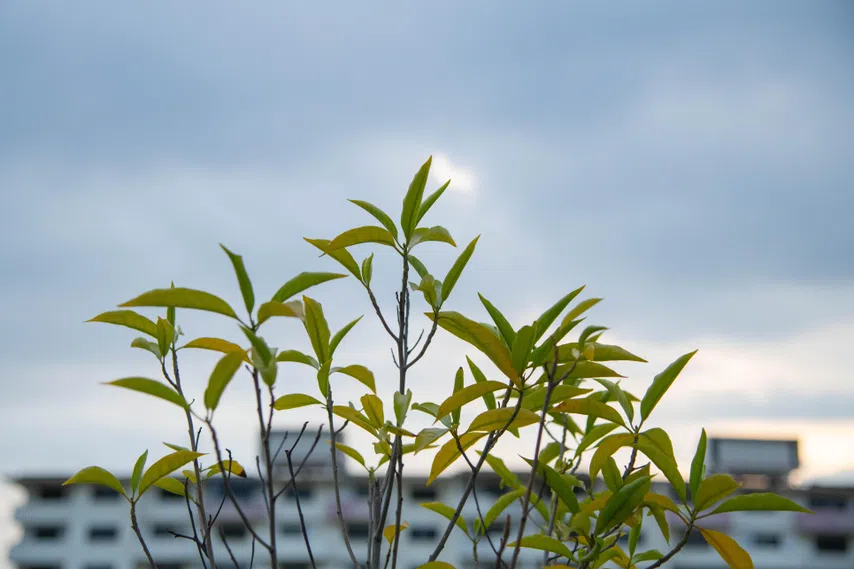When there’s a will, there’s a way: ASEAN's future as a sustainability leader - Southeast Asia's Green Economy Report

(Photo credit: BT File)
Source: Business Times
As the world’s fourth-largest energy consumer and home to one-tenth of the global population, ASEAN has an important role to play in global efforts to tackle climate change.
The region has made commendable strides. The Southeast Asia’s Green Economy 2024 report showed that ASEAN had a 20 per cent rise in green investments in 2023, and eight of its 10 member nations have set net-zero targets. Among them, Singapore and Vietnam have made the most progress in reducing greenhouse gas emissions over the past year.
Slowing down efforts to decarbonise is not an option: the International Energy Agency reported that energy demand in ASEAN has increased by 3 per cent annually over the past 20 years, and will continue to do so until 2030.
To accelerate the net-zero agenda, renewable energy production must catch up and more capital is needed to fund the energy transition.
The stakes are high, as the region faces the real and present effects of climate change.
As a bloc, ASEAN’s diverse markets have different priorities and strengths. But what they have in common are intent and determination – while acknowledging the need to balance growth and the costs of a green and sustainable transition.
Read the full report here: https://av.sc.com/corp-en/nr/content/docs/sea-green-economy-2024-report.pdf
